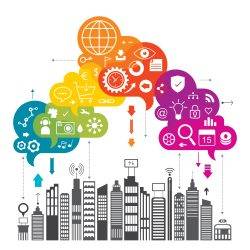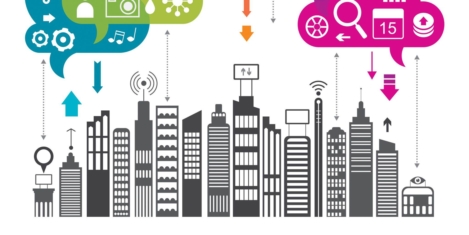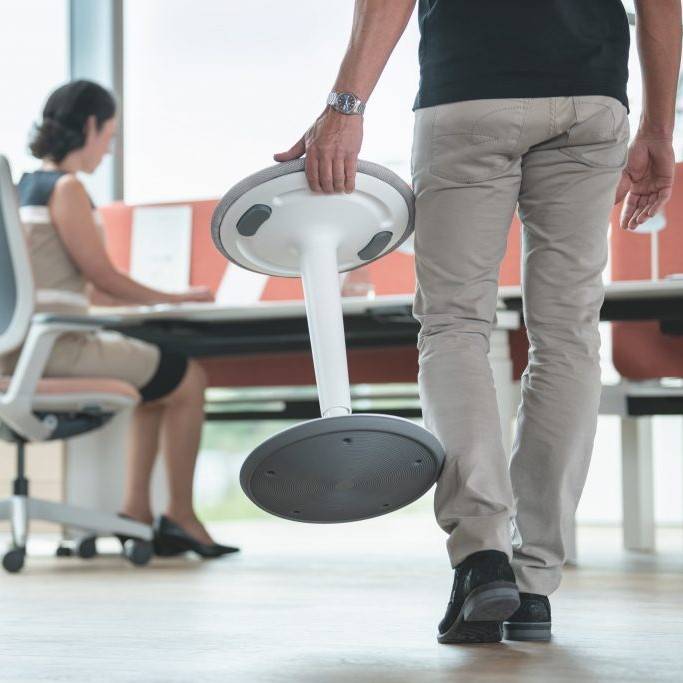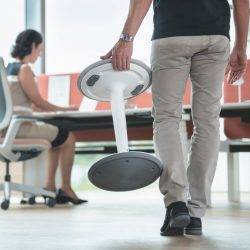November 16, 2019
Is IoT the answer to occupancy level issues?
 A frequently heard claim from manufacturers is that all Internet of Things (IoT) technology is the panacea to occupancy level issues for owners and managers of commercial buildings. The obvious retort is “Well, they would say that wouldn’t they?” since the equipment they have on offer is produced with the sole purpose of putting a degree of intelligence into smart buildings. The benefits of making your commercial premises ‘smart’ have been aired many times – including the ability to manage in real-time systems for air quality, temperature, noise levels, fire detection, equipment failure, and lift management. While having this kind of information at your fingertips is undoubtedly useful, the management of occupancy is an area where building managers are starting to see real dividends because they are able to make major savings in running costs. (more…)
A frequently heard claim from manufacturers is that all Internet of Things (IoT) technology is the panacea to occupancy level issues for owners and managers of commercial buildings. The obvious retort is “Well, they would say that wouldn’t they?” since the equipment they have on offer is produced with the sole purpose of putting a degree of intelligence into smart buildings. The benefits of making your commercial premises ‘smart’ have been aired many times – including the ability to manage in real-time systems for air quality, temperature, noise levels, fire detection, equipment failure, and lift management. While having this kind of information at your fingertips is undoubtedly useful, the management of occupancy is an area where building managers are starting to see real dividends because they are able to make major savings in running costs. (more…)





































November 18, 2019
The agile workplace: try to catch the wind
by Neil Usher • Comment, Workplace design
(more…)